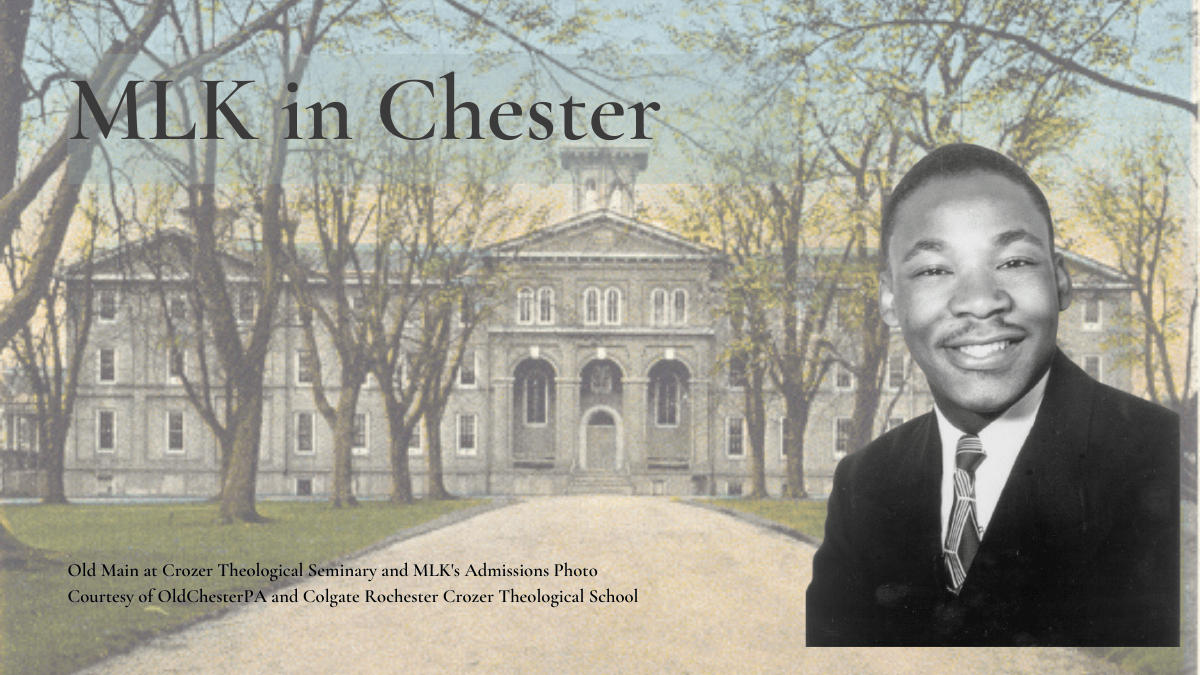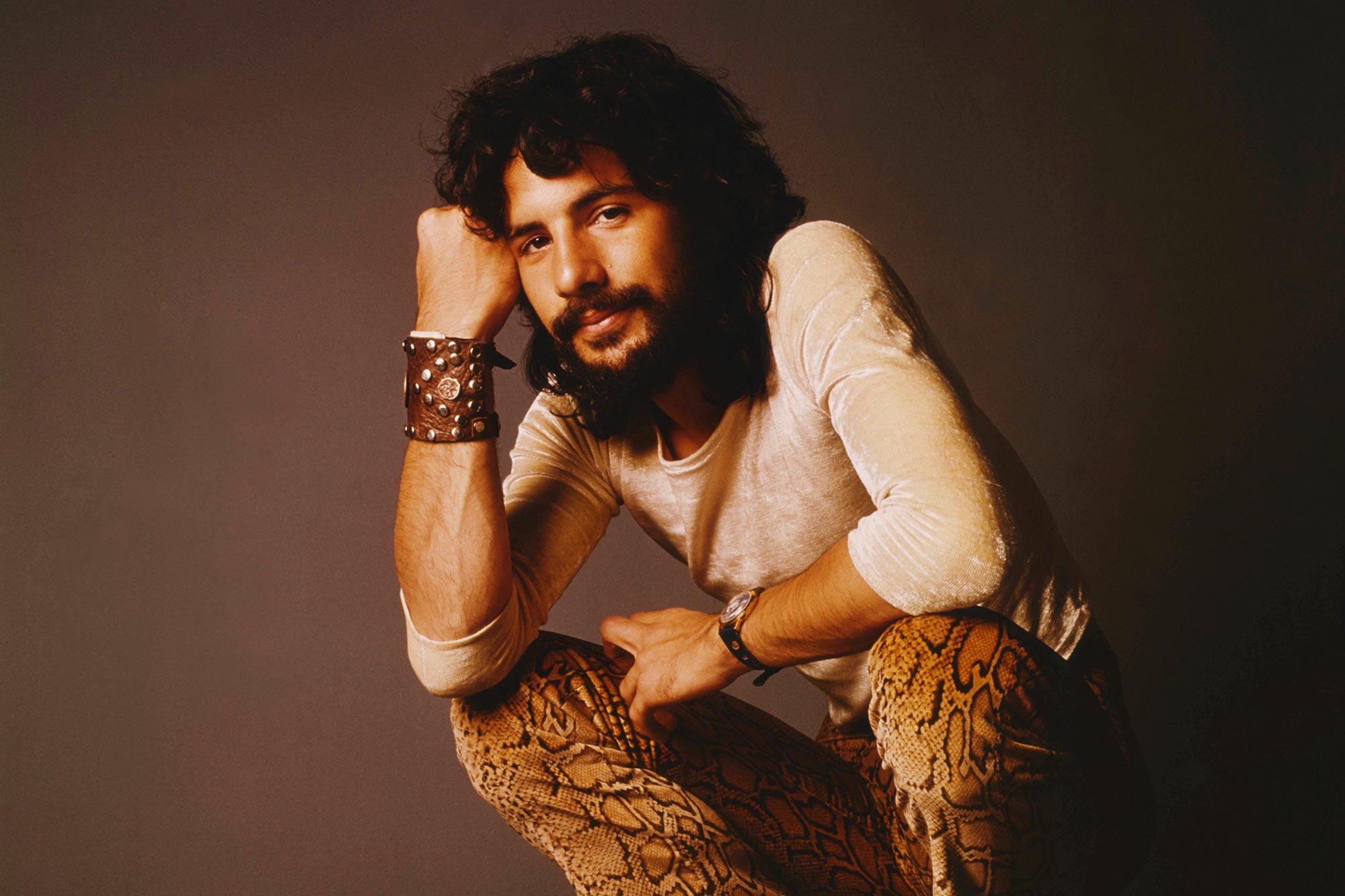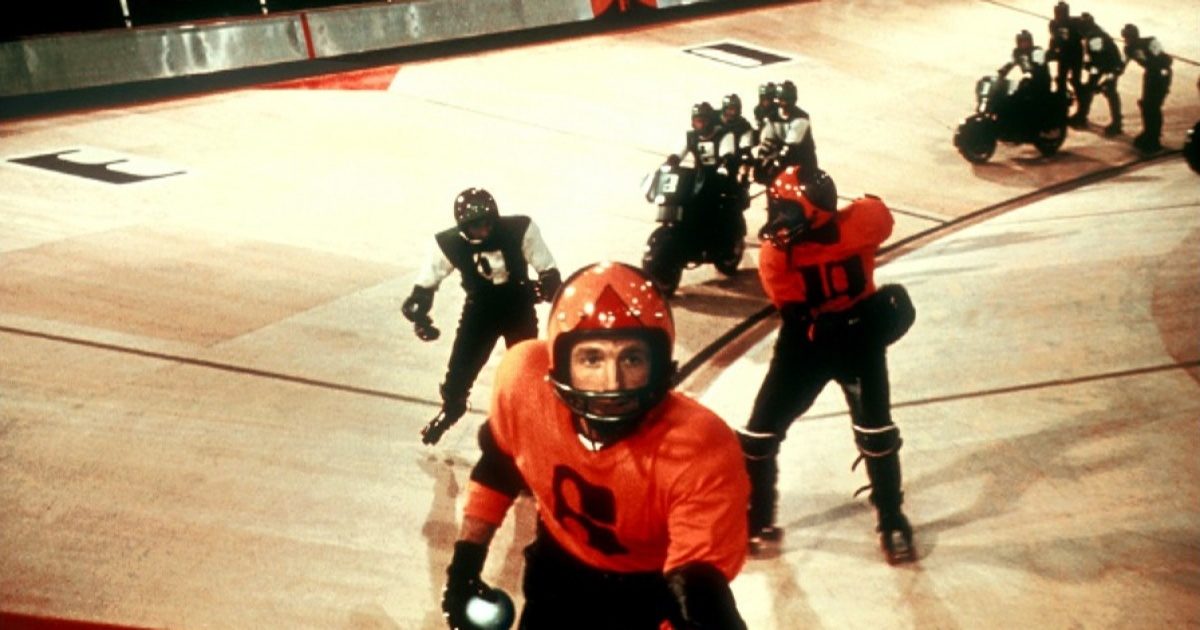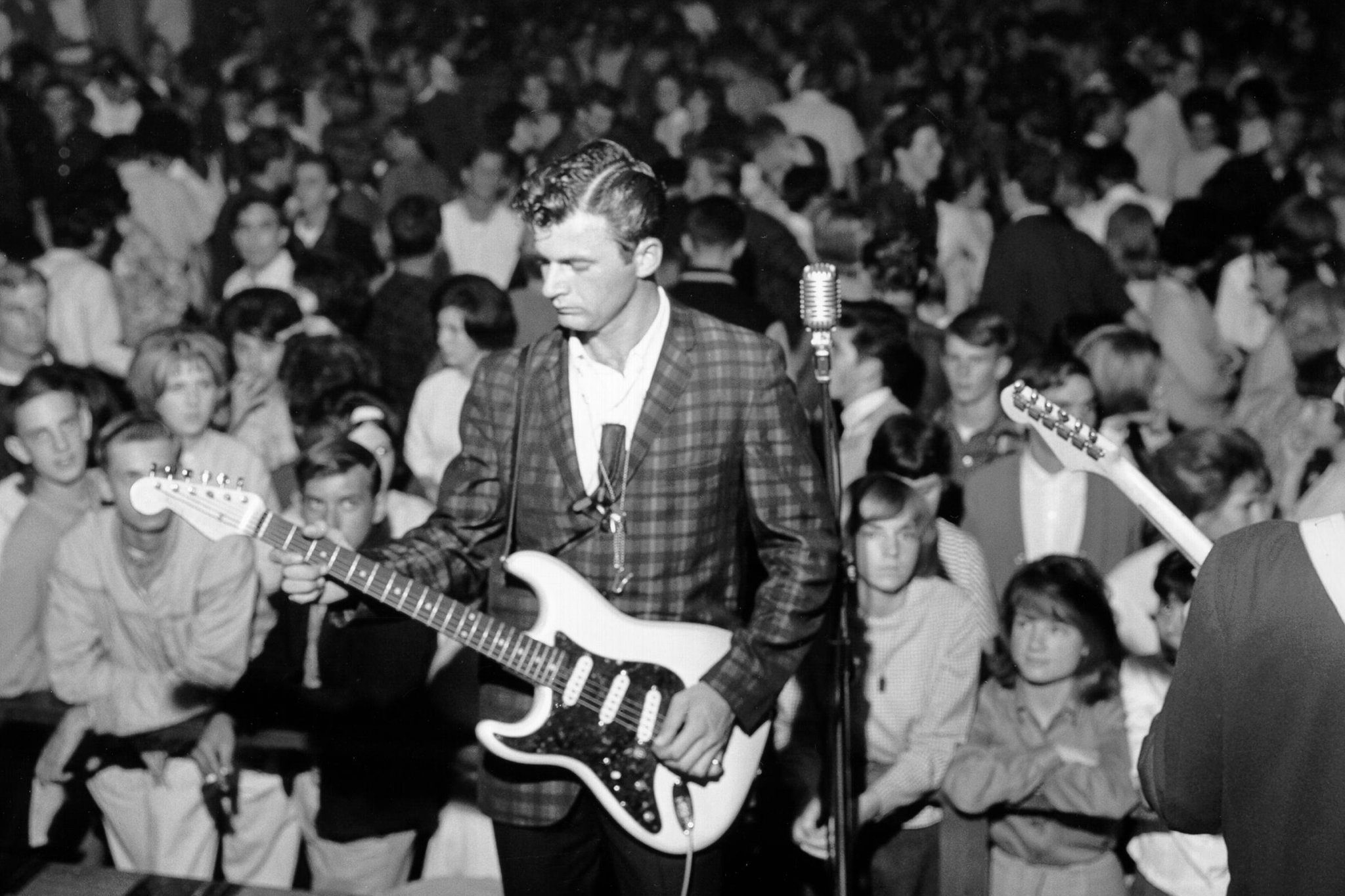Knowledge management requires different experiences
Charlie’s Angels was one of the top shows when I was a freshman, and everyone had “THE” poster of Farrah Fawcett in the mostly not swimsuit on their walls. A girl in our sister dorm was her spitting image and the talk of the freshman class. To get people to know each other, there were “mixers” between the floors, and this night it was the typical loud music and beer, and not really my scene, so I went downstairs… and there she was sitting on the steps. I didn’t really Know what to do, but I sat down and asked her if she was not enjoying the mixer? “Not really my scene – I would rather be out dancing.” I said I knew how to dance (those lessons came in handy…), and once she learned I had a car, we were off.
We were the oddest couple… as she was on the Ladies Basketball Team – and I was still barely into Men’s shirts. I eventually grew later that year, but at the time, I am sure we got some odd stares. She had a LOT of Knowledge about things I didn’t really Know anything about. Like Foosball. At the club where we were dancing, she walked up and put a stack of quarters down for the next game. I said I didn’t know how to play. “No problem – keep your men up, and I will handle it.” And she did – from the back. We held the table until she was tired of playing, leaving a lot of bruised male egos on the sideline…
Does Knowledge come from setbacks?
In his third year at Crozer, King became romantically involved with the white daughter of an immigrant German woman who worked as a cook in the cafeteria. The woman had been involved with a professor prior to her relationship with King. King planned to marry her, but friends advised against it, saying that an interracial marriage would provoke animosity from both blacks and whites, potentially damaging his chances of ever pastoring a church in the South. King tearfully told a friend that he could not endure his mother’s pain over the marriage and broke the relationship off six months later. He continued to have lingering feelings toward the woman he left; one friend was quoted as saying, “He never recovered…”
… he finished up at Crozer and decided to continue his education in the North. In 1951, King began doctoral studies in systematic theology at Boston University. While pursuing doctoral studies, King worked as an assistant minister at Boston’s historic Twelfth Baptist Church with William Hunter Hester. Hester was an old friend of King’s father and was an important influence on King. In Boston, like at Crozer, King befriended a small cadre of local ministers his age, and sometimes guest pastored at their churches, including Michael Haynes, associate pastor at Twelfth Baptist Church in Roxbury. The young men often held bull sessions in their various apartments, discussing theology, sermon style, and social issues before heading out into the vibrant nightlife of Boston in the 50’s.
Playing with Knowledge
My Thursday’s became a standing “date”. She really enjoyed going out with me because it was JUST dancing as I knew she was WAY out of my league, and it was, in fact, completely platonic. She was not a good student of “Book Knowledge”… and that started to show me there was much more to Know than just books and academic learning. Eventually, I started working full time and didn’t have time to “play” and we stopped meeting as often, continuing my lifelong pattern of hard work. It was an early guidepost to what you learn “outside” of the classroom that can be so important that I didn’t see until much later.
Knowledge manages to show up everywhere
It is hard to underestimate the other things that were happening in music in Boston when MLK was there. Here today is a track from another southerner, who also “invented” Chicken and Waffles to remind him of his southern roots. I suspect that Tweedie (MLK) would often go out on the town to catch the newly emerging BeBop jazz, Michael dragging him along after a bull session to go see his “little brother” Roy Haynes… who played drums with… Charlie Parker, eventually John Coltrane, and is one of the greatest of all time. I can imagine that he would enjoy the dancing and bopping that could take his mind off of the systematic path that he was managing to develop.
During these last few years, I have focused on gaining Knowledge on things that are far afield from where I started out. In particular, the Knowledge about how our Body and Brain work together – the field of NeuroScience – has given me a much deeper understanding of how people change (or not). The big clue is that the brain and body like to play…
It is interesting to learn that MLK studied Systematic Theology, and read/reviewed/critiqued Paul Tillich. I read some of that, and each paragraph was as dense as… a Charlie Parker solo 😉 But I can easily understand how MLKs thinking became very focused, structured, and managed to come up with an approach to the problems around him by diving deep into that work… and also making time to enjoy his friends.
How do you manage Knowledge from other spaces?
During the same time we were dancing every Thursday, I also was a DJ at the local radio station – something that my parents were NOT excited about as it wasn’t “real work”. And, having access to lots and lots of albums provided the spark that I have re-lit with these articles. What things that may not look like Knowledge do you need to manage to put back into your daily routine? I can recommend that the systematic approach MLK studied can bear fruit in your growth and development this year, and every year. It requires a focus and dedication to remaining curious, somewhat skeptical of those that “Know”… and developing the environment where Knowledge can be grown even when the world is cold… a Hot House.
